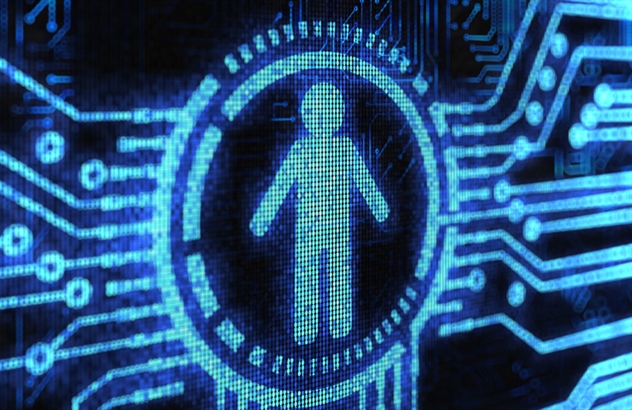Can Public-Sector HR Have a Digital Mindset?
March 11, 2019 by Meredith Trimble

Human Resource departments, like others in government, often get stuck in information silos due to outdated technology systems. This causes many operational inefficiencies including increased manual tasks, delayed access to information, redundant efforts, and misdirected resources.
The answer to these challenges is Human Resource departments that are digital. For agencies to operate intelligently and efficiently, professionals have to put data to work for them, particularly where personnel are concerned. A digital mindset is necessary internally in order to unlock data to optimize operations and break down limiting silos. Putting data forward is also important externally, as accessible information renews the public's trust in agency operations and staff, enhancing public buy-in and employee morale.
On February 7, Tyler Technology's Socrata Data Academy Director, Oliver Wise, who faced the same challenges as the former Director of New Orleans' Office of Performance and Accountability, joined CPS HR Consulting at Accelerate 2019. The conference, with the theme, "Talent Management in the Age of Disruption,"brought together public-sector HR professionals to discuss new pathways to success during a time of rapid technological change.
During Wise's workshop, "The Digital Mindset for Public Sector HR,"participants examined three key themes of how and why they should adopt a digital mindset.
1. Digital Transformation is More Than Technology
Leveraging data in order to realize positive outcomes is a matter of facilitating technical as well as adaptive organizational shifts. Leaders often focus solely on technical challenges by directing linear, prescriptive solutions. Digital innovation in government, explained Wise, is an adaptive challenge. Adaptive challenges require different leadership methods: ones that pull rather than push, enable rather than require, and mobilize rather than direct.
2. Data Can Boost Morale and Productivity
When employees are empowered to use data to derive and communicate around insights critical to their work, their buy-in of executive or overall strategic direction grows. Not only that, their front-line expertise can be meaningfully used to solve real-world problems. In Little Rock, Arkansas, for example, officials wanted to improve public safety and economic development along the city's 12th Street Corridor. City staff held a "data retreat,"in which staff from the housing, finance, and parks departments met with neighborhood groups. Using publicly-available data and maps, the group viewed crime, housing, and neighborhood information to develop a pilot project that fixed 37 broken and 27 blocked street lights, inventoried blighted structures, and cleaned up the Corridor.
https://citizenconnect.littlerock.gov/
3. Data Education is for All
Creating a digital mindset in government is fundamentally about people, not technology. As Wise stated, "It's not just the CIO's role to create a data-driven government, it's yours, too, because it's intrinsically a people issue."When entire agencies put employees at the center of their data strategies, governments become poised to be more successful in their core missions, and communities likewise benefit from improved services and innovative solutions.
The key takeaway here is that all public employees — leaders, analysts, and the front lines alike — stand to benefit from data literacy.